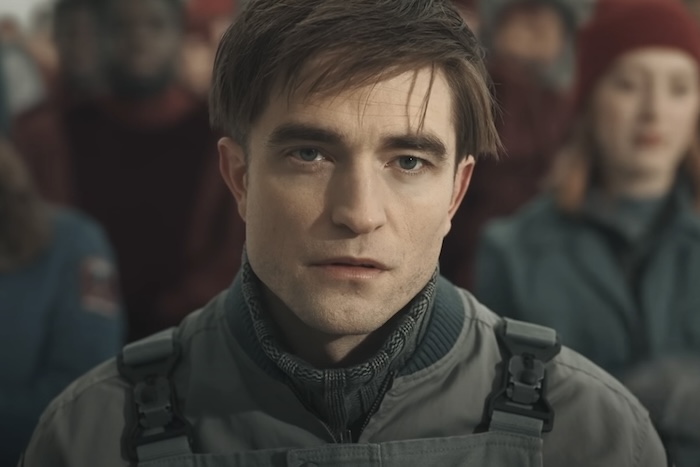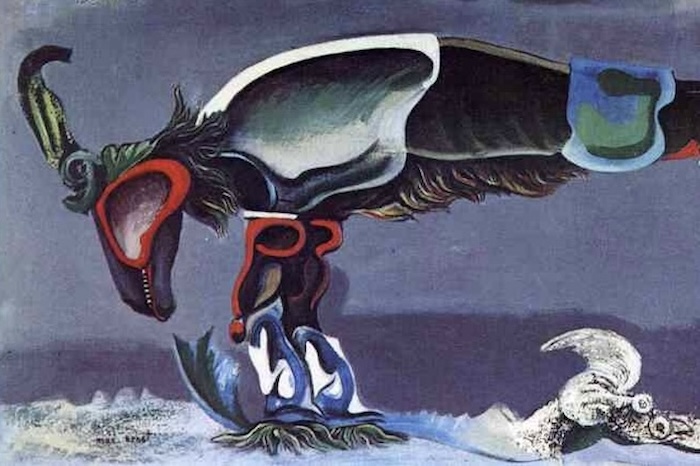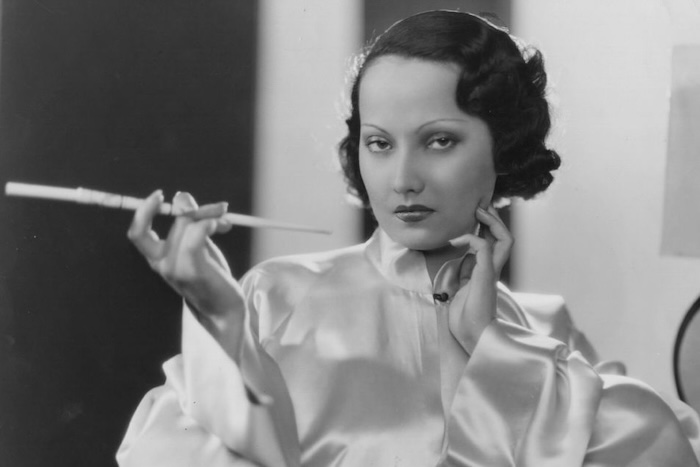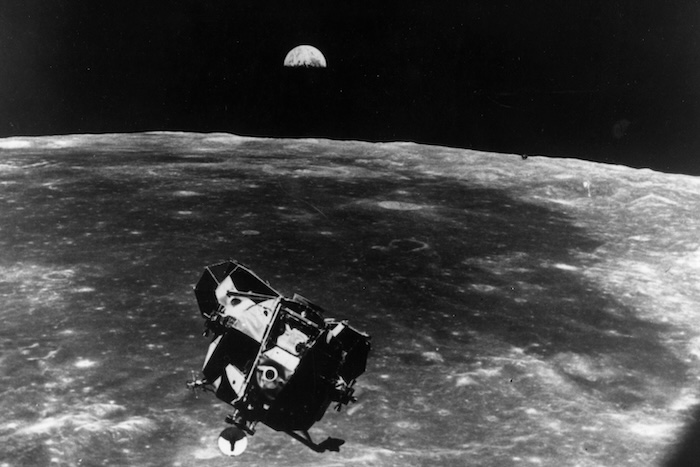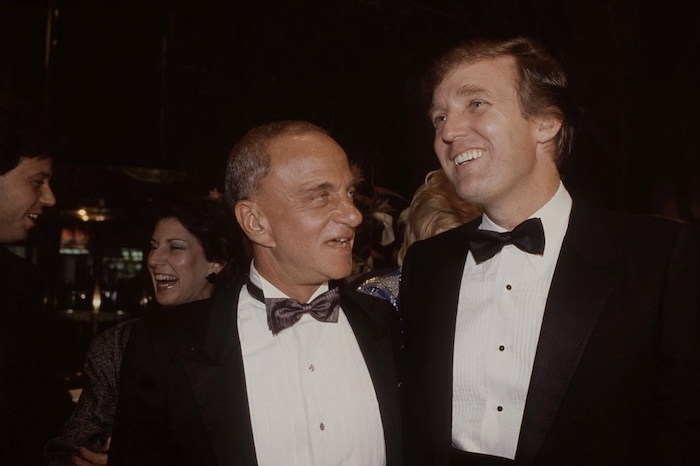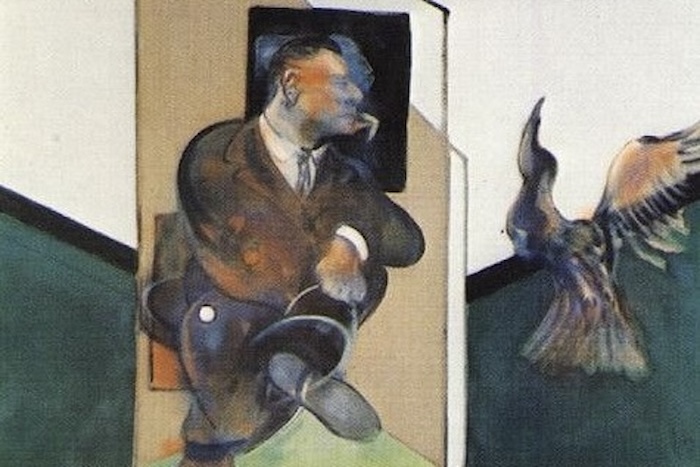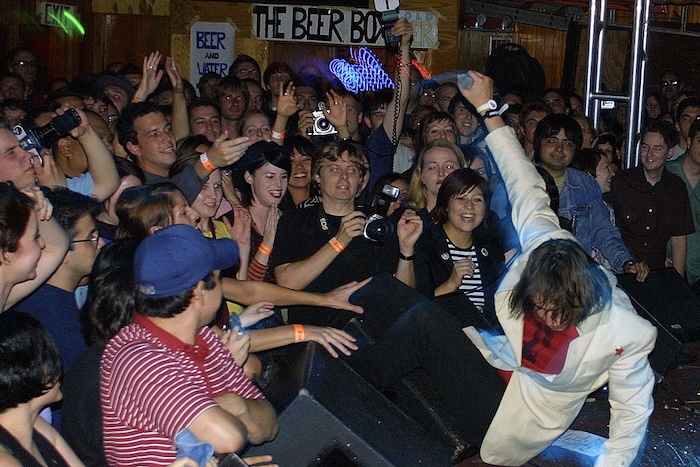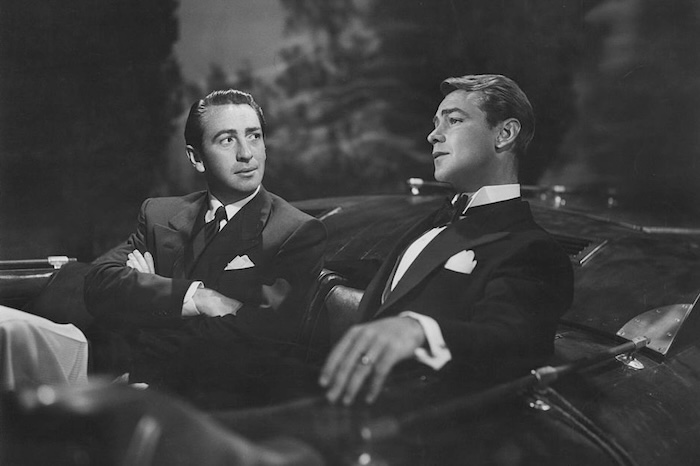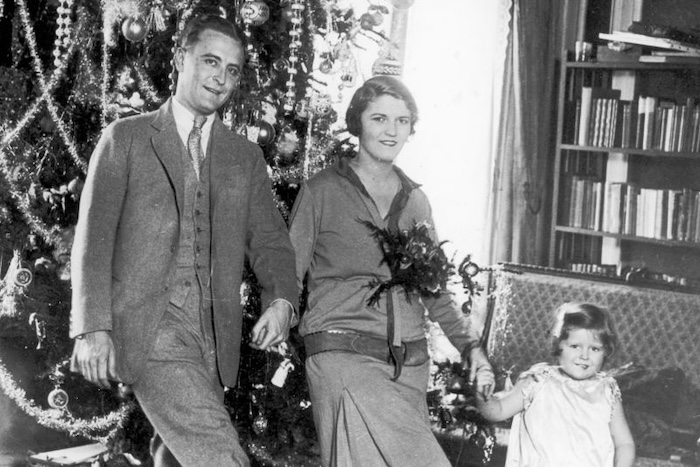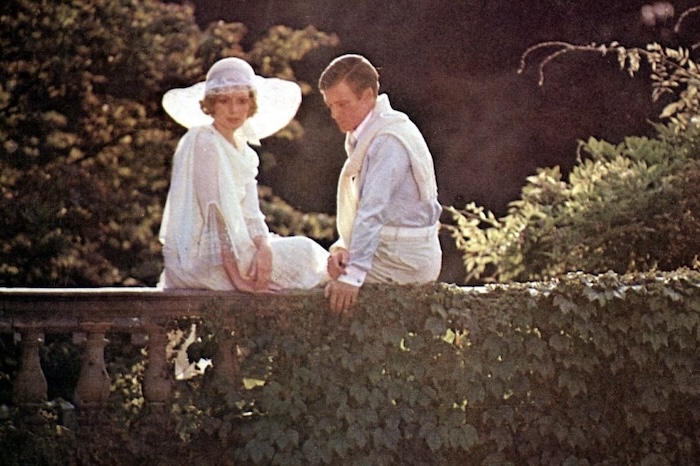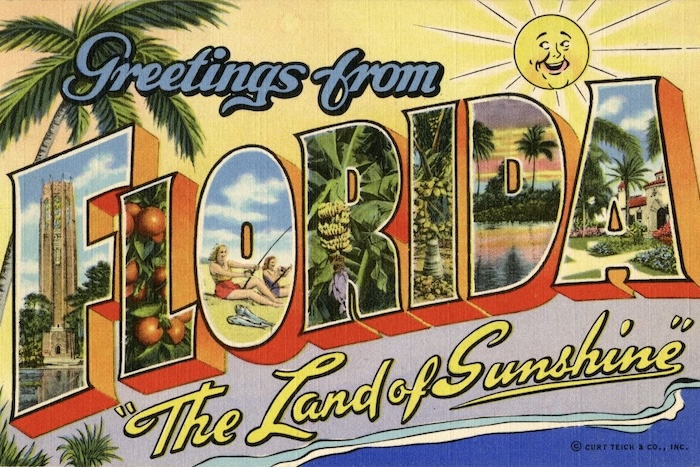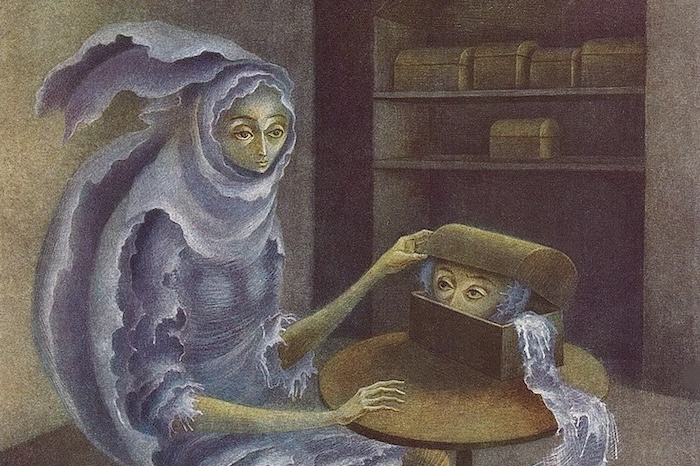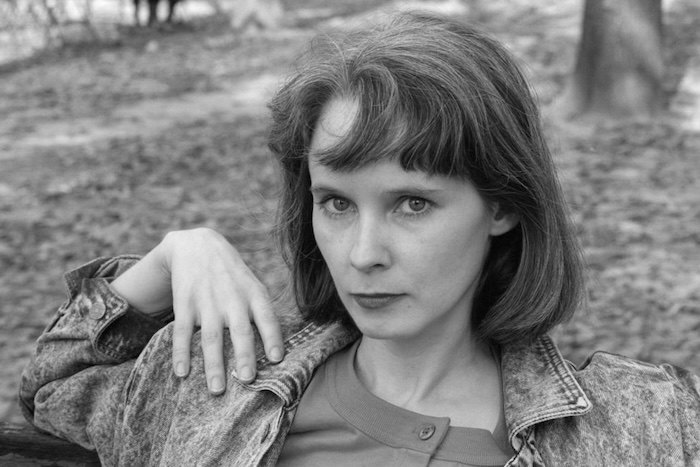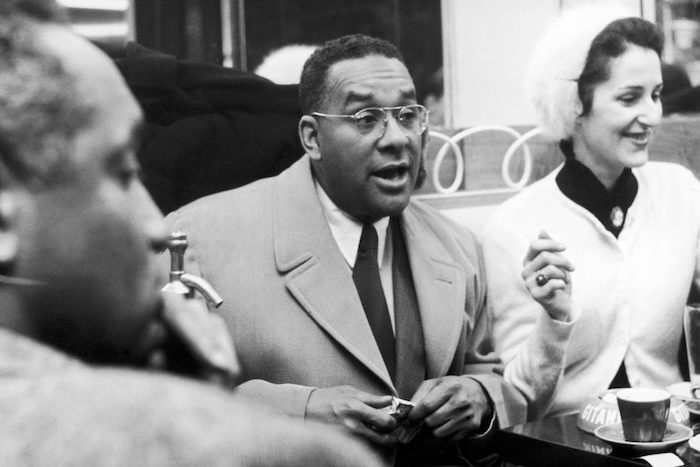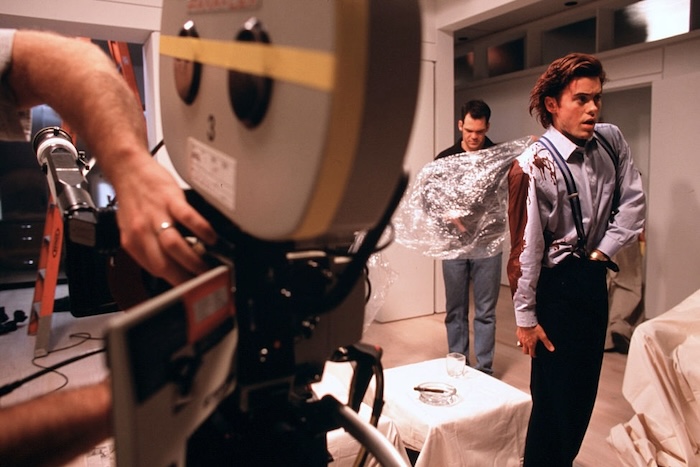
Great American Psycho: On the Film and Novel, 25 Years Later
Search the internet far and wide, and you’ll find that there are hundreds, if not thousands, of fan-edited videos of Patrick Bateman, the serial killer from Bret Easton Ellis’ novel American Psycho; Bateman is portrayed by Christian Bale in the film adaptation directed by Mary Harron. Beneath these videos is an interpretation of Bateman as an Übermensch figure with the ideal body. This powerful investment banker lives in luxury, carved from nowhere like a porcelain statue, with a devil-may-care attitude. Many of the movie’s scenes have been parodied numerous times. A scene where Bateman walks into the office while listening to Katrina and the Waves’ “Walking on Sunshine” shows him in his glory through bright and distorted filters. His morning routine — an obsessive attempt to have the perfect skin texture through conditioners, as well as an intense exercise regimen — is also highlighted in these edits. Other popular scenes include all the men comparing their business cards and Bateman becoming very envious when one’s more textured; the infamous sequence of Bateman’s execution of Paul Allen, after he monologues about Huey Lewis and the News, is recreated with Huey Lewis. There’s also no shortage of memorable quotes like “cool it with the antisemitic remarks” or “I’m going out to return some videotapes.”


